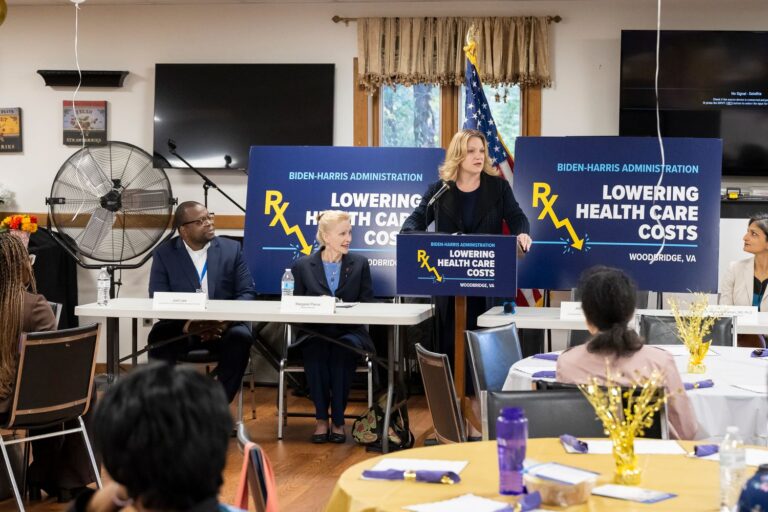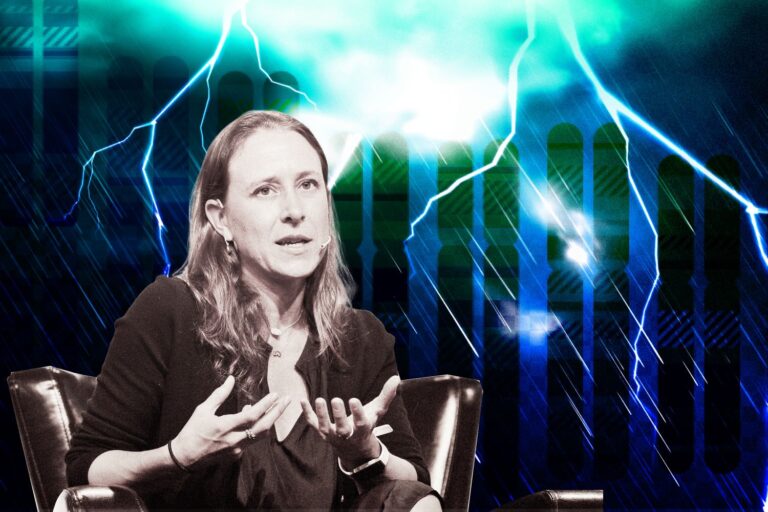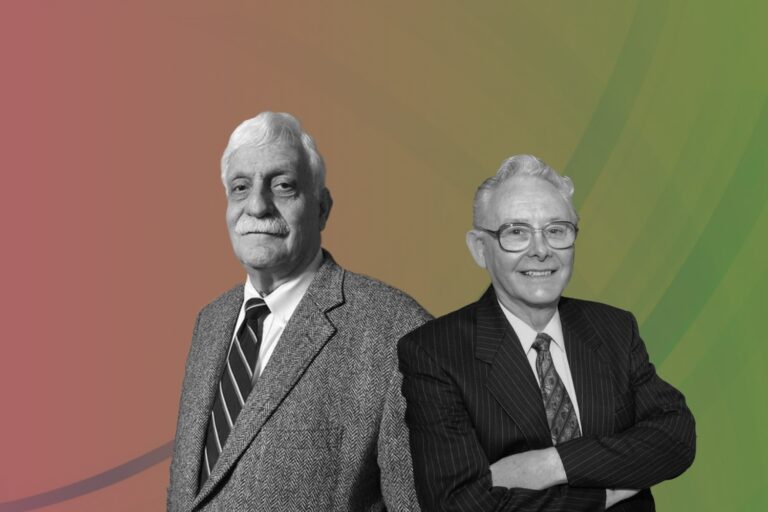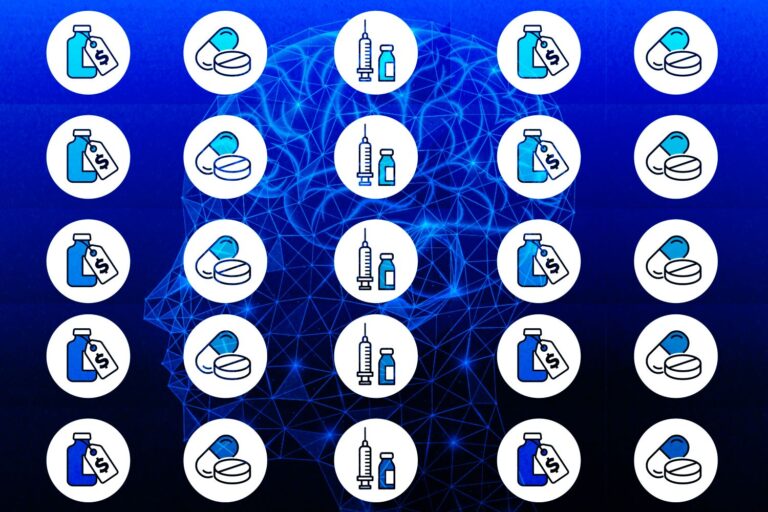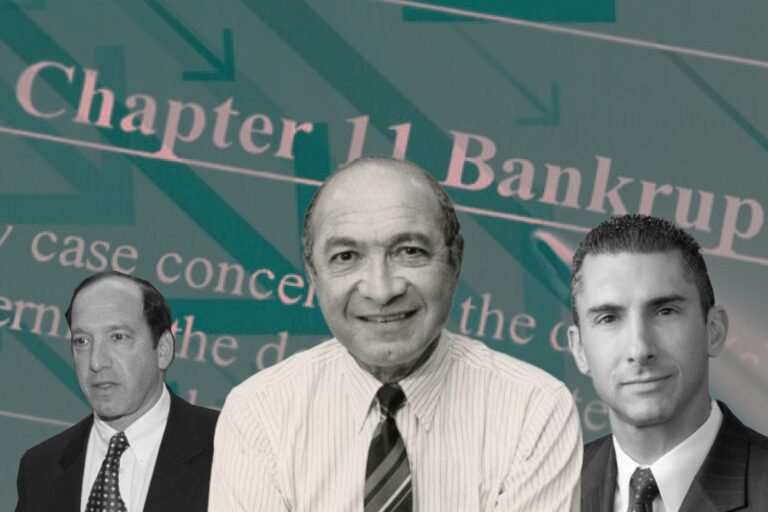Lesson from the Rise of Ginger: Perfect Scheme of Evolving
Ginger was founded by a team of entrepreneurs and data scientists at the MIT Media Lab who sought to build the world’s first mental health technology platform. Through smartphone-based technology, the platform was designed to identify patterns of anxiety, stress and depression, and alert patients and their healthcare providers to deliver care.
Within seconds of downloading the app, members are matched with a care team and can begin chatting with a coach on-demand at any time of day or night. If needed, coaches can escalate members to appointments with Ginger therapists or psychiatrists within days.
Ginger’s Story: From Day Zero to Day of Victory
The story started about a decade ago, when Ginger first launched in 2011, partnering with companies to provide employee mental health benefits wasn’t part of its business plan.
Instead, Ginger.io – the San Francisco-based startup – was focused on research, particularly tracking behaviors through a mobile app to help detect mental health changes – like a behavior analytics platform, which sells data to healthcare providers.
As a data collector, the company’s founders were opened to even a bigger problem, of how nationwide demand for services far outpaces the supply of clinicians – an issue many behavioral health providers today are facing.
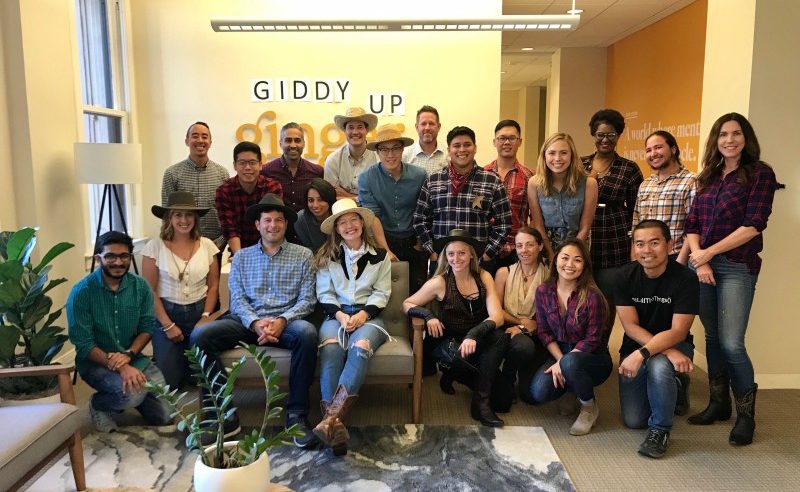
“Our vision is a world where mental health is never an obstacle,” Karan Singh, co-founder, and COO of Ginger, told Behavioral Health Business. “We saw … a broken system that wasn’t going to fundamentally change [with our old model]. We needed to build a fully integrated model to really tackle that.” In brief, while he and the team offered the tools to identify the need for care, there was no easy way for most patients to access that care.
After, according to Singh, Ginger has raised $70.5 million for it gears switching in 2016. Today, directly employs clinicians, it is a virtual behavioral health care system that delivers coaching, therapy, and psychiatry services to patients via text and video.
But is behavioral care something that the public would actively look for? It is not, according to Singh. So, how did he tackle this market – started with what lead?
So far, most of Ginger’s business relies on offering its services to companies as an employee benefit, claims Singh “What we found was that employers played an incredibly outsized role in taking care of and addressing mental health.”
The company currently just boasted many of its corporate partners include giants like Sephora, BuzzFeed, and Pinterest – around 500,000 covered lives in total through its partnerships. With the gold to help employees manage their mental health before it becomes a problem, benefiting both the workers and the corporation.
To Singh, this is a beforehand-move to get upstream and catch people early. Because for most consumer in the general public, that is still a newer concept, who might only seek to care only when an acute event happened to them.
Noting that engagement is highly variable, this employee-benefit packages and pricing are customizable and depend on companies’ size. However, most companies opt to purchase Ginger as a subscription – which allows unlimited access of a certain level of care. Coaching – rather than therapy or psychiatry – is appropriate for the majority of Ginger members, yet employers can also buy higher levels of care.
Besides, to best serve employers, Ginger is in network with a variety of different health plans and has referral relationships with organizations such as health systems to offer them additional services as needed.
Its revenue has tripled in the past year and succeed a $100 million funding round earlier 2021. No doubt, Ginger’s transformation from a data driver to solution supplier is a success story. But on taking that leap of faith, to take his business on a more important mission. What founder Karan Singh has to tell on this journey?
Karan Singh: The Bet to Reset Everything
In 2016, Ginger took on a new mission – from selling to providers to becoming one. Singh shares the journey where he had gained a lot from – to become an entrepreneur, a leader, and an eager learner.
Taking Risk but with Experiments
Before really take that risk to pivot the business, Singh was being careful to put in many experiments because knowing the traditional system was broken, the team did not know what could make it a better one – what it should become to serve best.
With his small team they launched Listener, Digital Self-care and MoodMatters, which had created a lot of chaos and confusion for the vast data they collected, however, it also accelerated how quickly he and the team learned.
These experiments provided the company tremendous amounts of data and key insights to take that major step of scaling, but to actually making the decision on how to do it was not easy!
Seeking for More Than Just Capital from the Board
So, the team knows they needed to go direct to consumers but debated whether to sell to enterprise. Singh recalls the fateful board meeting in late 2014, his leadership team had prepared for the meeting for months, gathering data on the virtues and risks of different strategic paths.
From Khosla Ventures to True Ventures, they all encouraged the team with varied strategies and contradictory advice which led to many more sleepless and gut-wrenching discussing nights amongst leadership team.
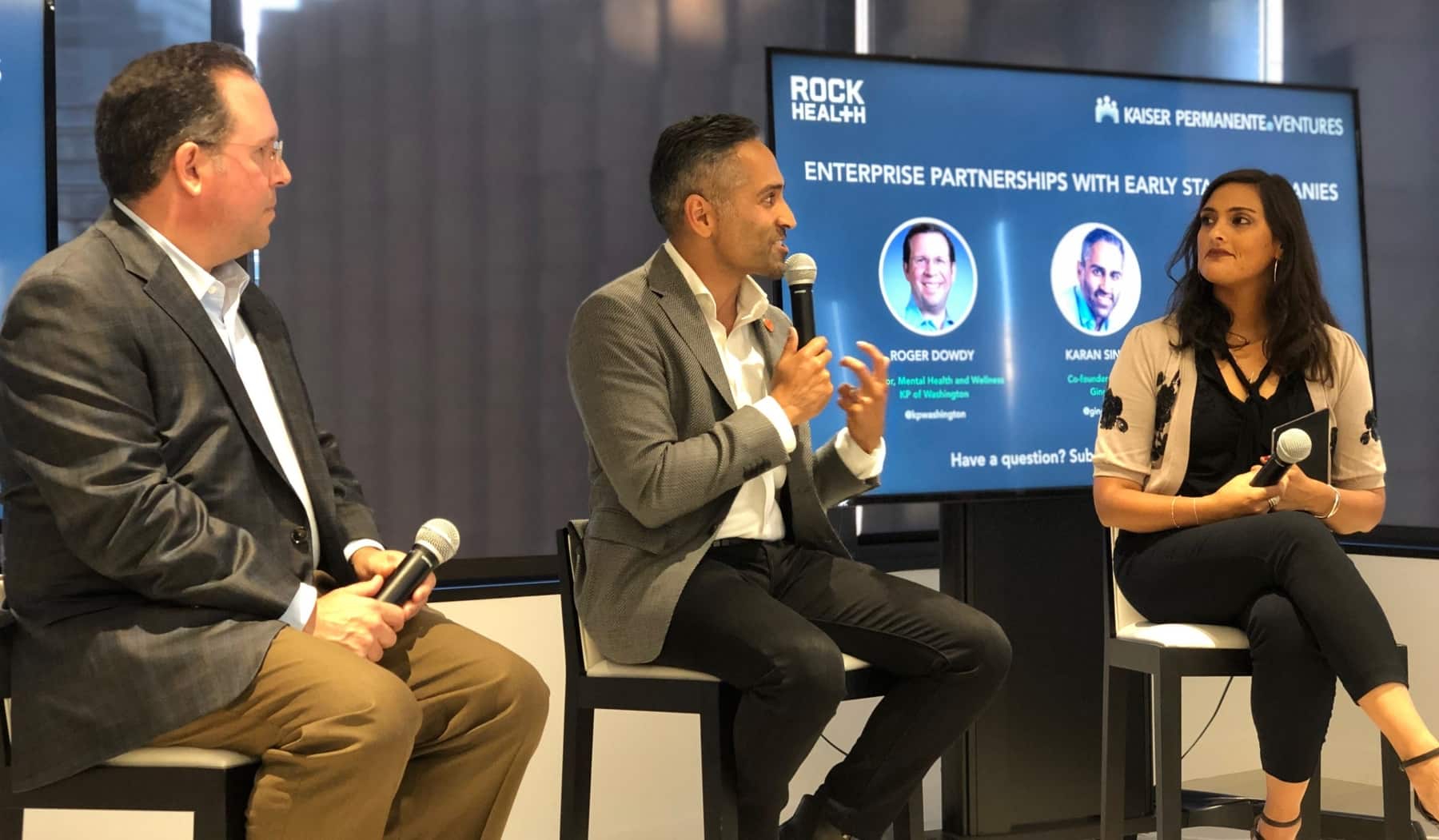
Finally, they decided to patch the holes of a flawed healthcare system by reinventing one themselves. The plan is to reduce friction for users at every step of the process and cut out the inefficiencies – to deliver mental health care directly.
Even though the born of this new system would mean all the years they have spent on the business model, customers and especially the team would be turn into zero – a hit-reset kind of situation.
As hurtful as necessary it is, Singh and the team keep moving on and that period of the journey had taught him the most critical learnings.
Good entrepreneurship isn’t about making everyone happy or building the perfect product. It’s about openly seeking counsel, then making the best decision you can with the hopes of being “mostly right.”
For a first-time founder, he began to appreciate how the board and investor could provide more than just capitals. For investors are ones that had gone through many journeys, they help you see past your internal and emotional biases at critical points.
You Are Not Your Company
Being with one company but it is, in fact, living a few startups lives, said Singh. As he had pivoted the business, rebuilt products, hired hundreds of people, laid off countless others, and the list goes on. All of that, from collecting data to smash it all and rebuilt again, if he had not gone down those paths, there would be no evolution.
As how The Martian remarks “This is your story. Survive until you thrive.” No doubt, entrepreneurial ventures usually take far longer and are far bumpier than you’d expect. Speed matters, but when it comes to business being quicker doesn’t shorten your path to success.
Singh believes a big part of his capacity to lead during Ginger’s thrive today is that he has learned to both take care of himself and define his self-worth differently, “Ginger is a huge part of who I am, but it cannot be my identity.”
You should learn to be grateful and feast on the successes and milestones along this winding path. The journey and impact you and your team have along the way means more than a big exit alone. Take lessons that learned your victories.
Most of all, it’s about remembering that while your venture might have failed, you did not. Let your guard down, practice gratitude and have fun along the way. It should be easy to move on when your mission is noble.
Ginger’s Russel Glass: Bring My Personal Journey to Ginger
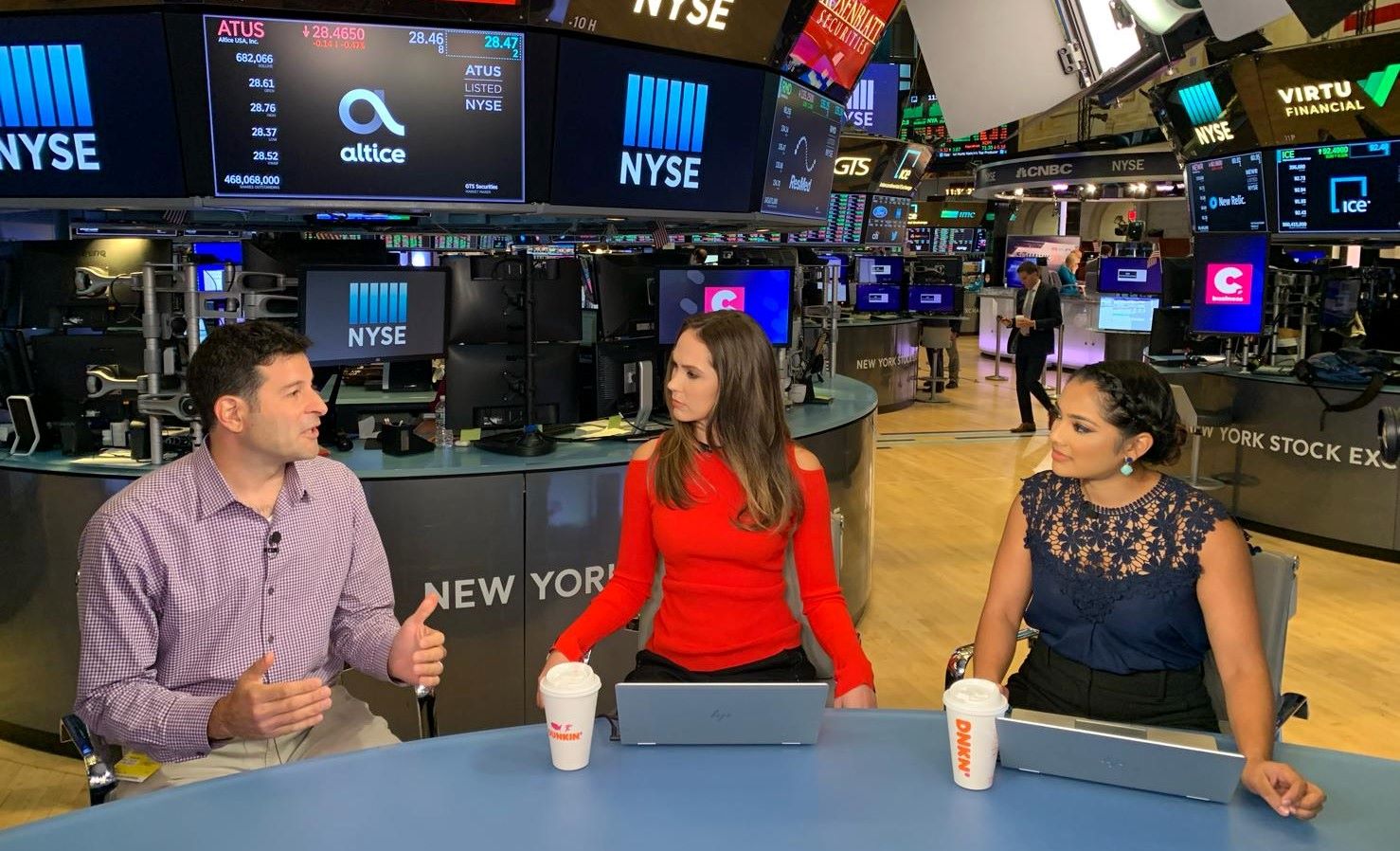
More from Ginger, as it decided to become a different business model. Singh and the board have Russel Glass in for the CEO position. Who is a serial technology entrepreneur and had sold his last company, Bizo to LinkedIn. Since the reborn of Ginger, Glass also has his side of the story to tell – from entrepreneur to entrepreneur.
First, let’s start with his background of a seasoned entrepreneur and what are the key things he had learned from Bizo to Ginger about success, while trying to scale an organization or earlier on – getting the business off the ground?
To Glass, it’s always start with a combination of good thinking and good people, but there is also timing involved. The reality is that timing is part of it and being in the right industry at the right time is a huge part of success – which many people call it “luck.”
However, when Glass looks at his failures compared to successes, it almost always comes down to people. Hiring the right kind of people, having a meaningful and thoughtful approach to building a culture and then bring that people fit in that culture. Glass knows that it is not so common for leaders to say failures come from their staff, but with him – he had made mistakes for either hired the wrong people or have not recognized when they were the wrong people and had kept them around for too long. And when he has been successful – it’s because he has surrounded himself with people who are able to figure it out through all of the challenges that startups throw at them as the company scale.
4 Phases That Shaped the Confidence for Ginger
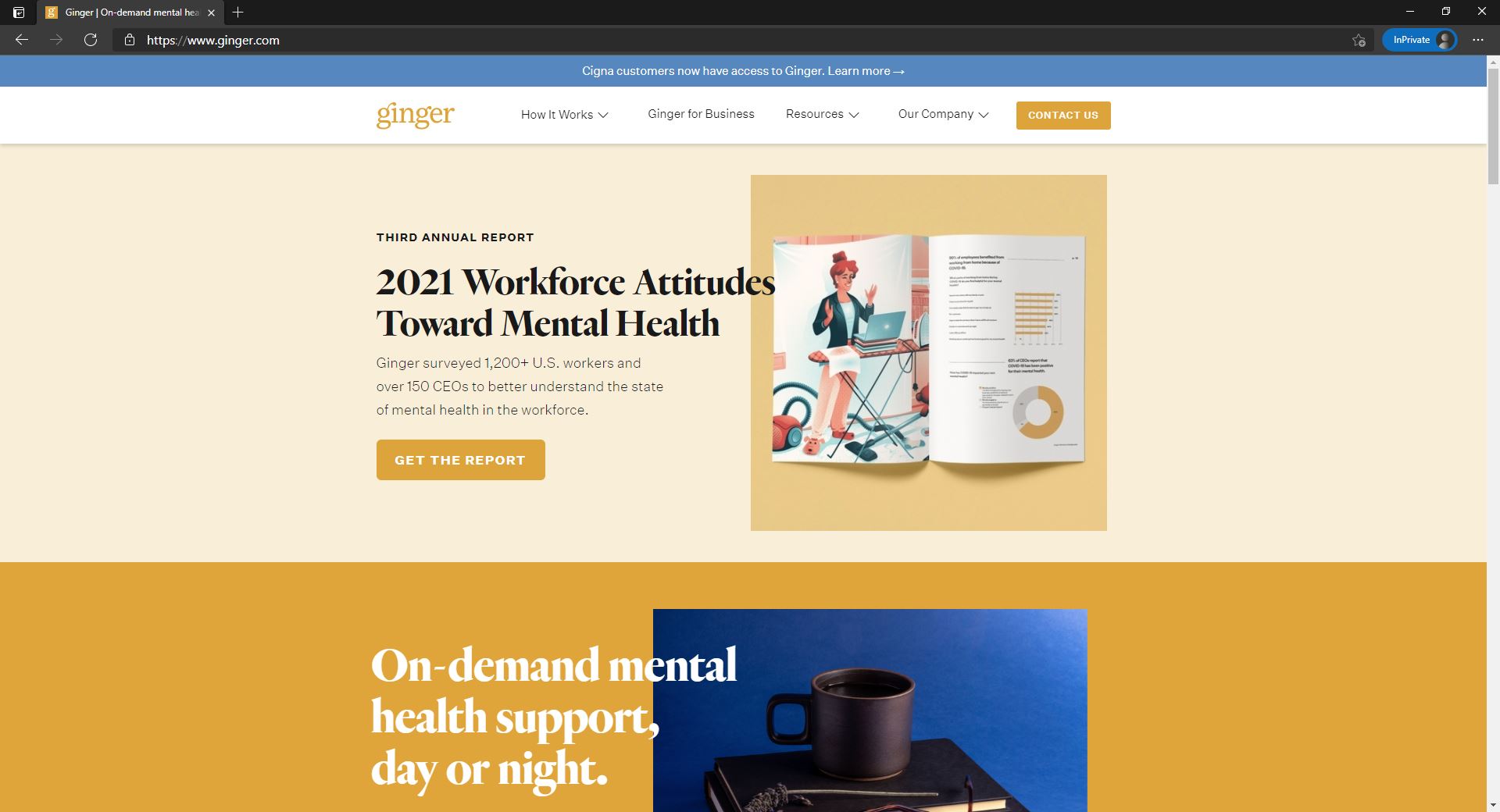
Are there any mentors or coaches who helped guided you along the way and provide advice when he needed it?
Glass recalls a few people that through his career had left many meaningful impacts in him. One of it from the early day was his dad – who run a textile company, growing old. Watching his father, Glass learned the value of just ethics, transparency, and honesty alone especially in years when the textile industry faced hard challenges. Which had shaped his first entrepreneurship lesson to only tackle the industry that is growing not shrinking.
Move on to his first job out of college at the Trilogy, Glass met Wade Monroe the company’s CFO. And later an investor at his startup, his first venture backed startup coming out of there. On that first journey, Monroe dawns on Glass the importance of planning, how do you build a company with your lifeblood, finance is at the core. And ZoomInfo’s CEO Yonata Stern – another successful entrepreneur, hired Glass to run products and marketing at the company, who had taught him the power of profitability.
It’s a common sense that entrepreneurs build companies while thinking about the next fundraise. But Stern, he built companies thinking about profits. Even though it’s a very different approach, yet to Glass that helps him balance a lot of how he used to think about building companies. Beside serving your mission, you also need to be practical on the company health and have those value balance each other out at a perfect point. It’s not just about growth and next fundraiser, but rather how do you build a long-term sustainable business.
Last but not least, Jeff Weiner LinkedIn’s CEO. Glass shares as becoming close friend to Weiner he had never seen anybody build culture, at scale and with compassion with an eye toward how critical values are, like Jeff. On how do you make great scaling? How do you bring that to a global company with more than 10,000 people! Weiner has walked him through all that. And paved the foundation for Glass’s confidence at Ginger’s scaling.
By the end of 2020, Glass said on a Behavioral Health Business interview, the company is expecting a doubling – if not tripling – revenue entering 2022. Glass even has Cigna to join in for capital.
Great Culture Is Great Consistency
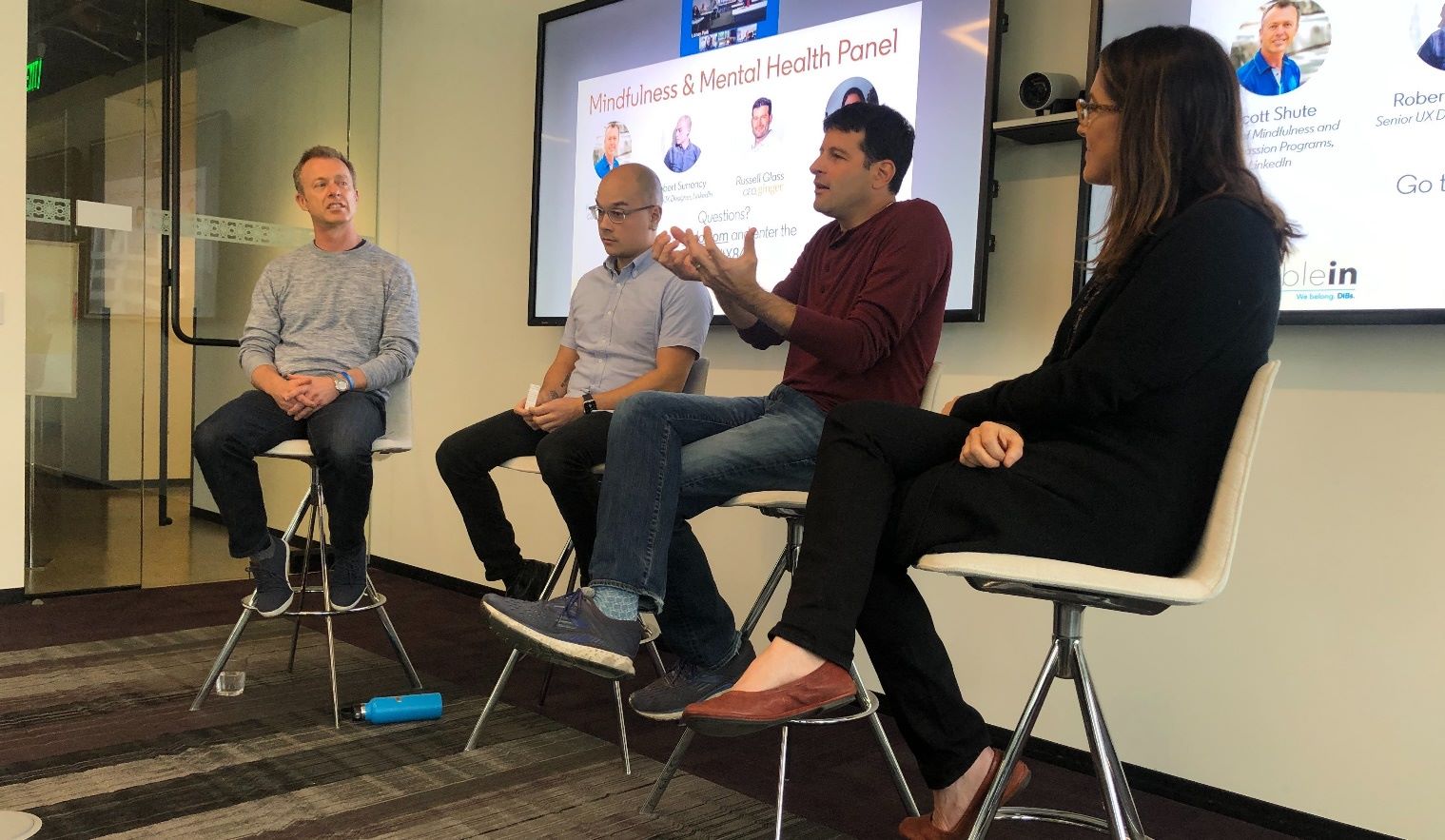
What is he doing at Ginger, to pass on one individual’s principles to an organization with tens of thousands of people?
Besides the ethos of the people, you hire and your culture, as he mentioned above. The second principle of Glass, one that he believes Jeff would say, is that you have to repeat yourself to the point of being tired of what you are saying because it will take about se tries before everybody has truly heard it.
The notion here is that as leader you have to make sure that your people understand it, of the value you are embodying and how you want to build the company, from strategies to tactics. Repeatedly, for everybody to have a good sense of what is happening. The next piece would be consistency, I lot of leaders that struggle with this, when they are not consistent, they cannot build trust in the organization. “Trust is consistency over time.”
That’s how culture is shaped. When you combined these things of great people embodying great values in a great loop. You give the newcomers a clear sense of where the team is going and give them ownership over that. Just like that with consistency along to approach everything, you can really scale the type of culture you are trying to build.
The Bottom Lines
As during the week of March 8th, demand for therapy and psychiatry services jumped 365% compared to pre-pandemic averages measured from 2019 to 2020, according to Ginger’s research team. The company is expecting great businesses in the upcoming years. Not only for what a necessary solution Ginger is bringing but also from great management it is having! However, we can never foretell.


